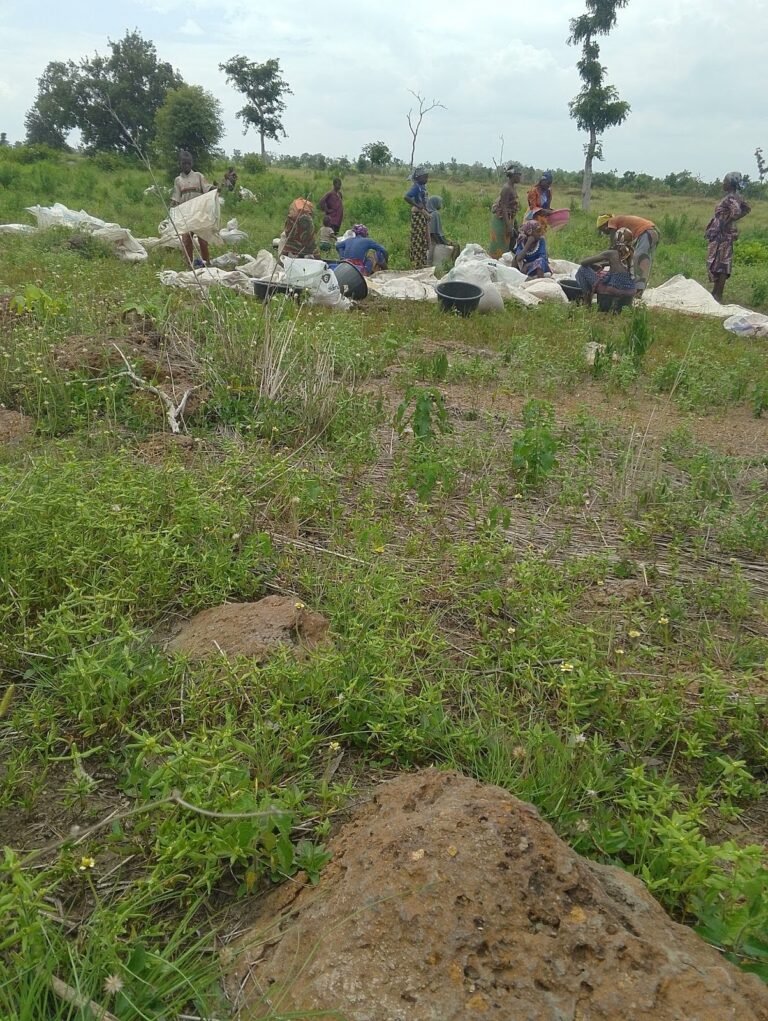The recent abduction of Segun Olatunji, FirstNews editor, by the officials of the Nigerian military’s defence intelligence agency signals the continuous troubling trend of press freedom siege in the country.
Condemning the arbitrary abduction, the Nigerian National Committee of the International Press Institute (IPI), a network of media personnel that defends media freedom and supports independent journalism, says it’s a gross violation of human rights and the country’s rule of law.
“The rule of law demands that an accused person is allowed to defend himself in a court of law within a reasonable time,” reads a statement released by the IPI.
“This also conforms with the provisions of Nigeria’s 1999 Constitution, which forbids the detention of any citizen or resident beyond 48 hours, except with a valid court order.”
The Abduction
On Friday, 10 March, soldiers, numbering about 10, abducted the Editor of First News and a former Kaduna Bureau Chief of The PUNCH, Segun Olatunji at his home in the Iyana Odo, Abule Egba area of Lagos State. His whereabouts remained unknown to his family until the IPI revealed the personnel of the Defence Intelligence Agency were responsible for the editor’s abduction. Shockingly, hours after the committee divulged this information, Nigeria’s military admitted to having custody of the journalist.
Ultimately, after twelve days of denial, the Minister of Information, Mohammed Idris, quoted top military officers as admitting their men seized the editor.
Though the journalist regained freedom after 13 days of illegal detention, Mr Olatunji’s experience forms part of an unfortunate trend among the Nigerian armed forces.
Between January and August 2023, Nigeria experienced no fewer than 74 press attacks, surpassing the 72 incidents documented in 2019, as revealed by data from Press Tracker. This alarming trend underscores the growing threat to press freedom in the country.
Findings from Space for Change highlight Nigeria as the focal point for most press-related issues in West Africa. Out of the 207 reported cases, Nigeria alone accounted for 122 instances of press and media attacks.
Why Press Freedom Matters
Freedom of the press means the right of journalists to disseminate uncensored information, which translates to the fulfilment of the public’s rights to know. Incidentally, when press freedom is under threat, citizens’ right to information suffers.
According to section 22 of the Nigerian constitution, the media is to act as a critical watchdog, holding the government accountable and providing citizens with the information they need to make informed decisions. Threats and intimidations against media personnel raise concerns about what information the government might be trying to hide. Such actions erode public trust and cripple the informed discourse necessary for a functioning democracy.
By arbitrarily abducting journalists, the security operatives are not only violating the country’s constitution, but they are also flouting international human rights agreements to which Nigeria is a signatory. The freedom to express, inform, and participate is a cornerstone of global human rights standards.
Article 19 of the Universal Declaration of Human Rights guarantees the freedom of expression, including ensuring freedom for the media around the world. According to the United Nations, independent, free and pluralistic media are central to good governance in democracies that are young and old.
“Without freedom of the press, our democracy is endangered. In the case of corruption, a free press is critical to exposing abuses of power. For sure, the media is not above the law, but in a democracy, the only way to determine wrong or right is through the legal process,” Iyobosa Uwugiaren, the Secretary to the Nigerian Guild of Editors said on Thursday after the release of the journalist.















